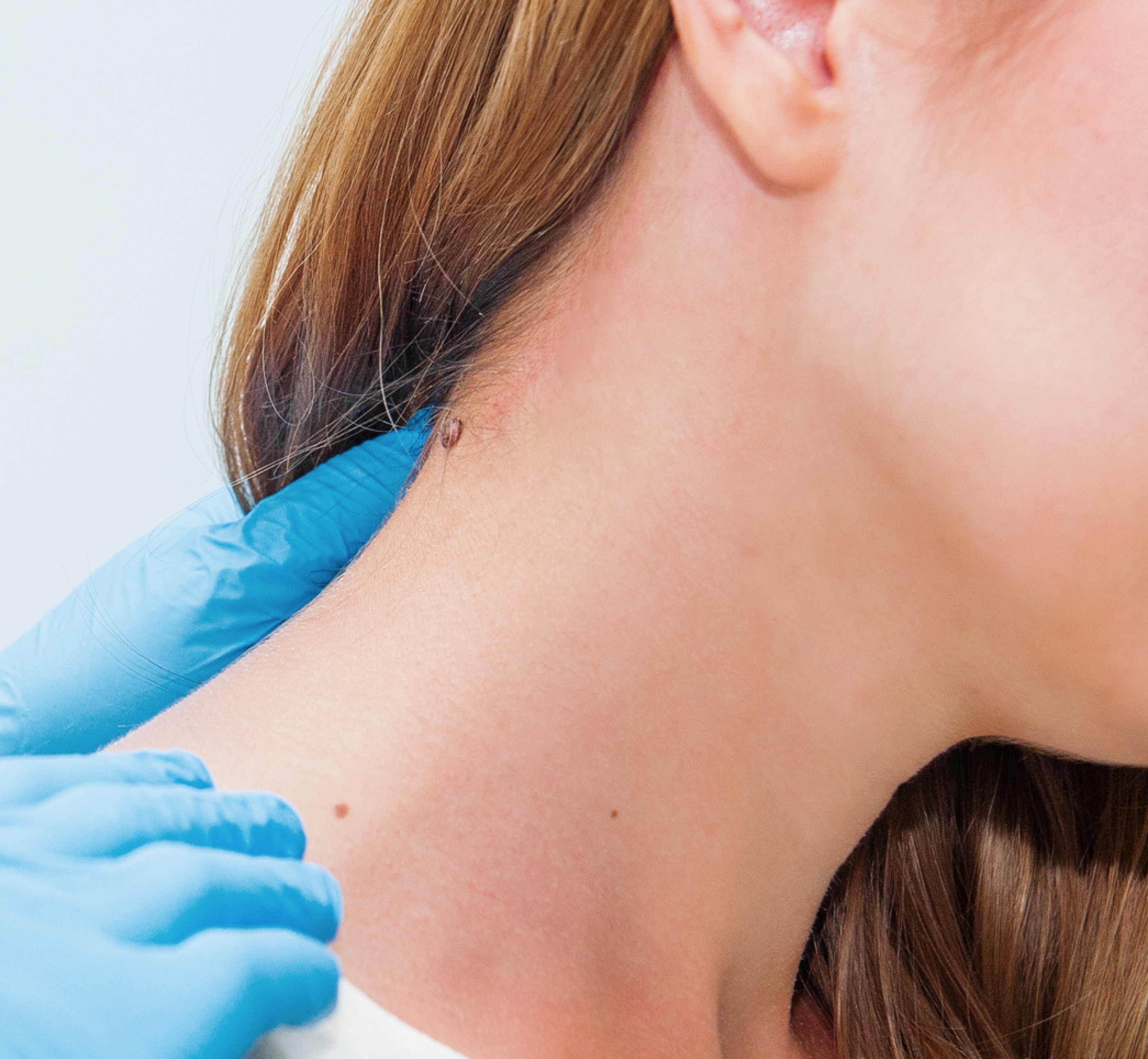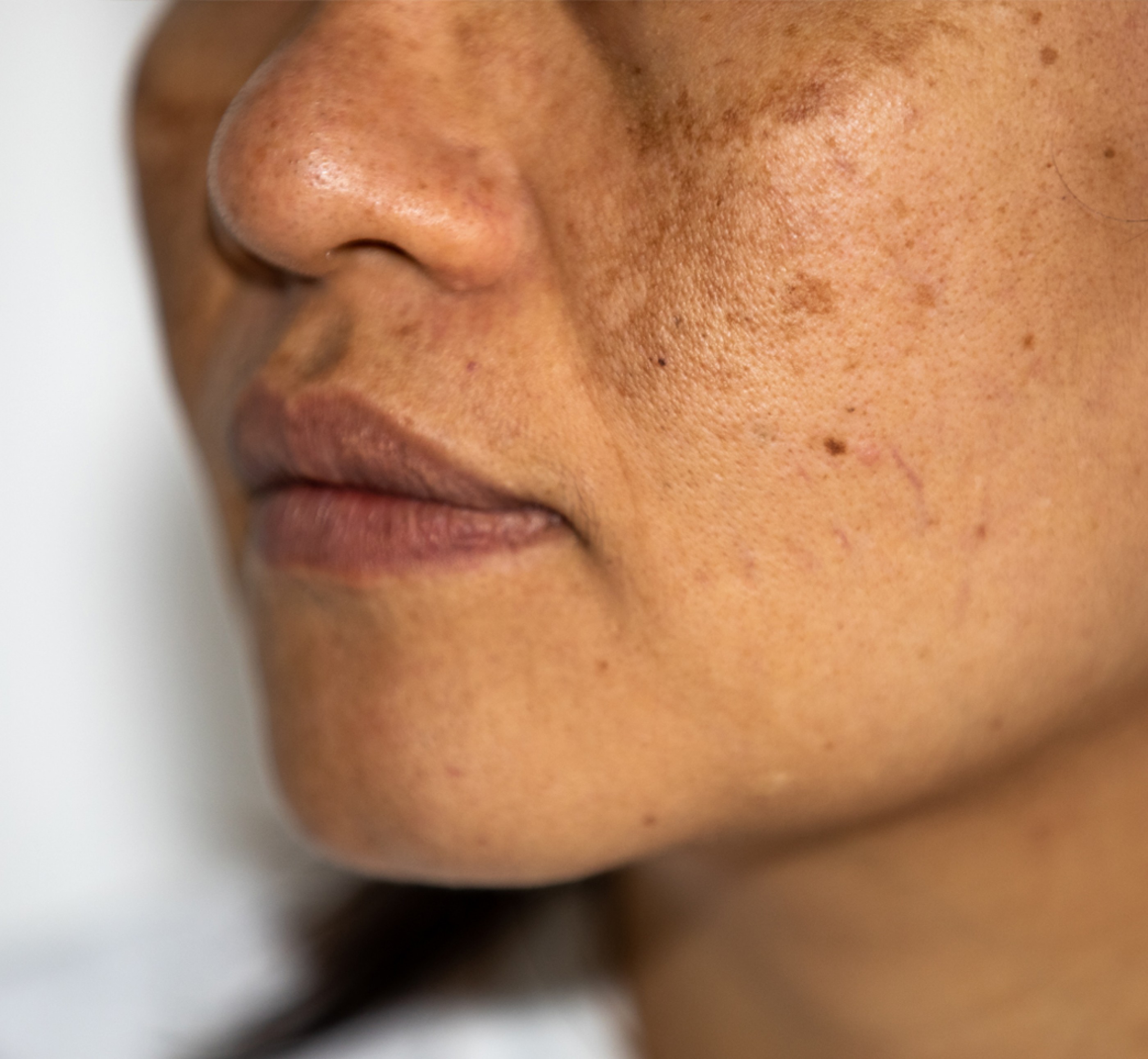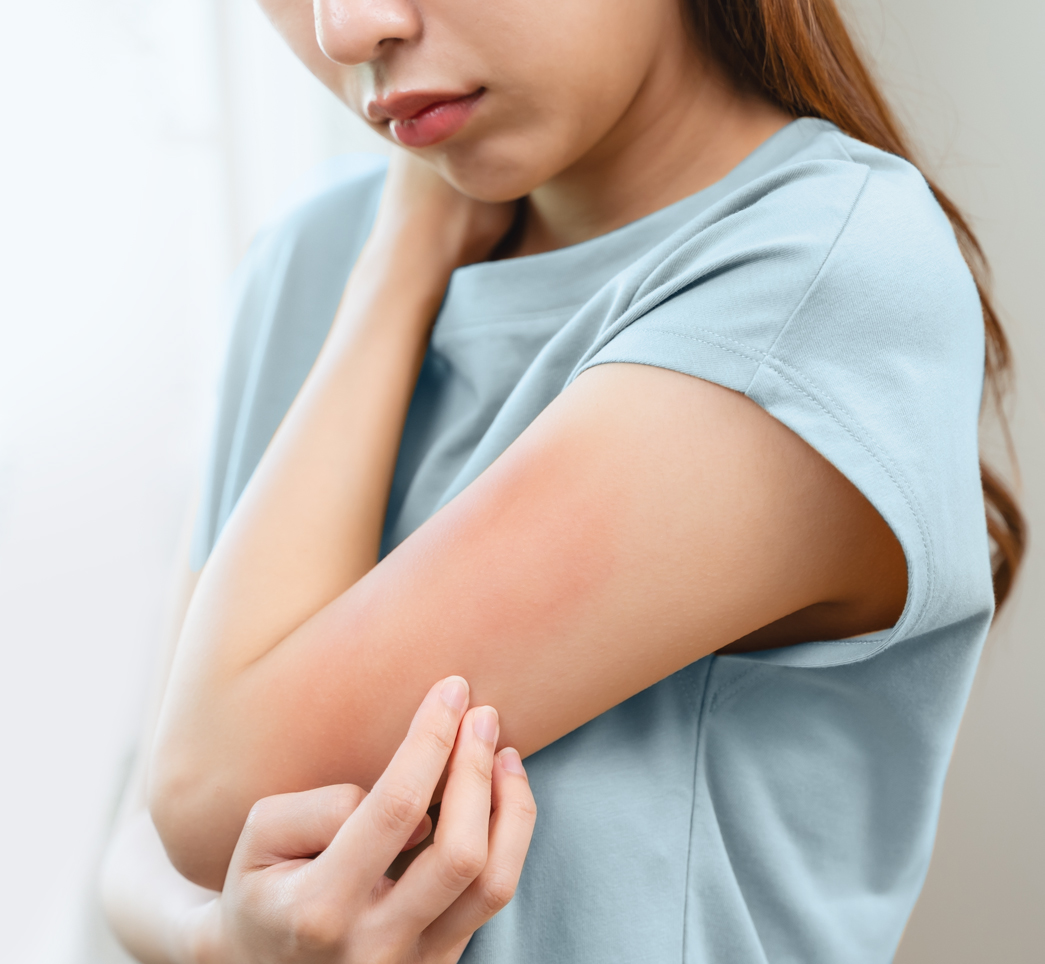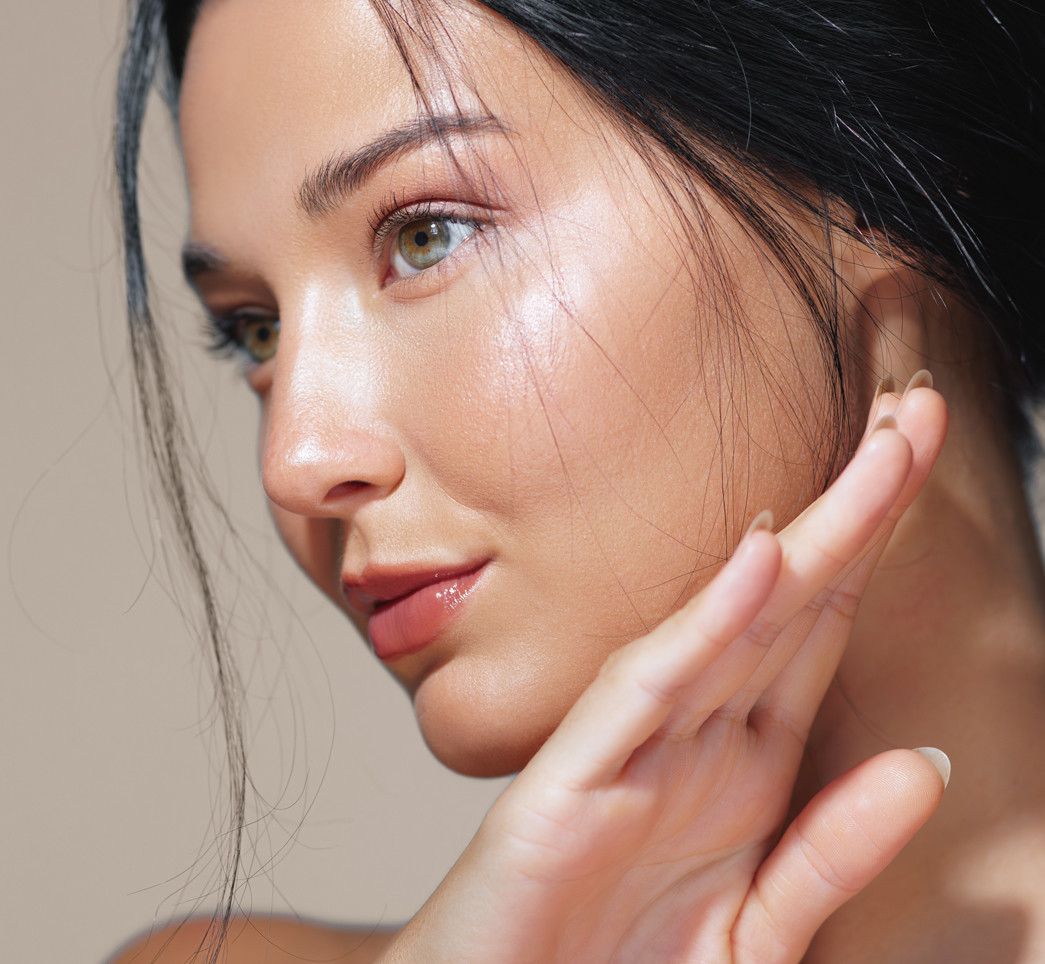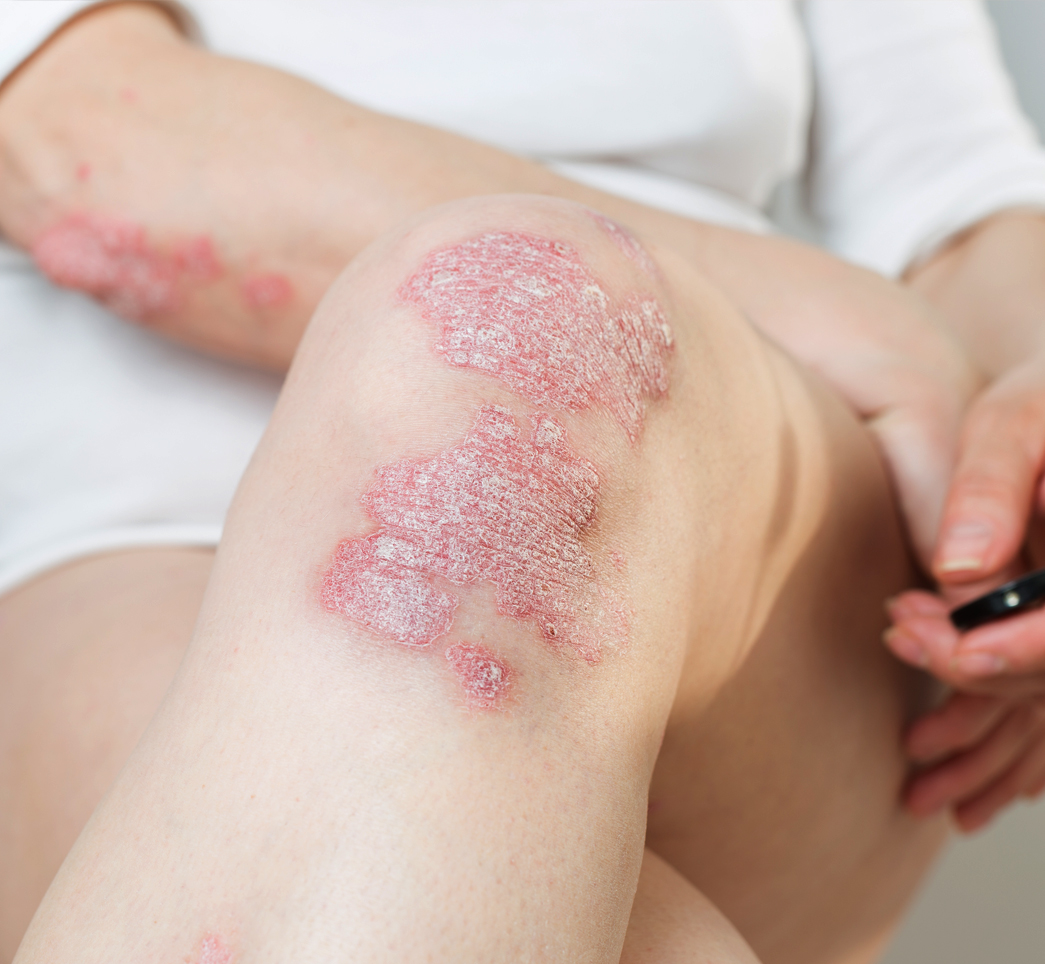The Blog
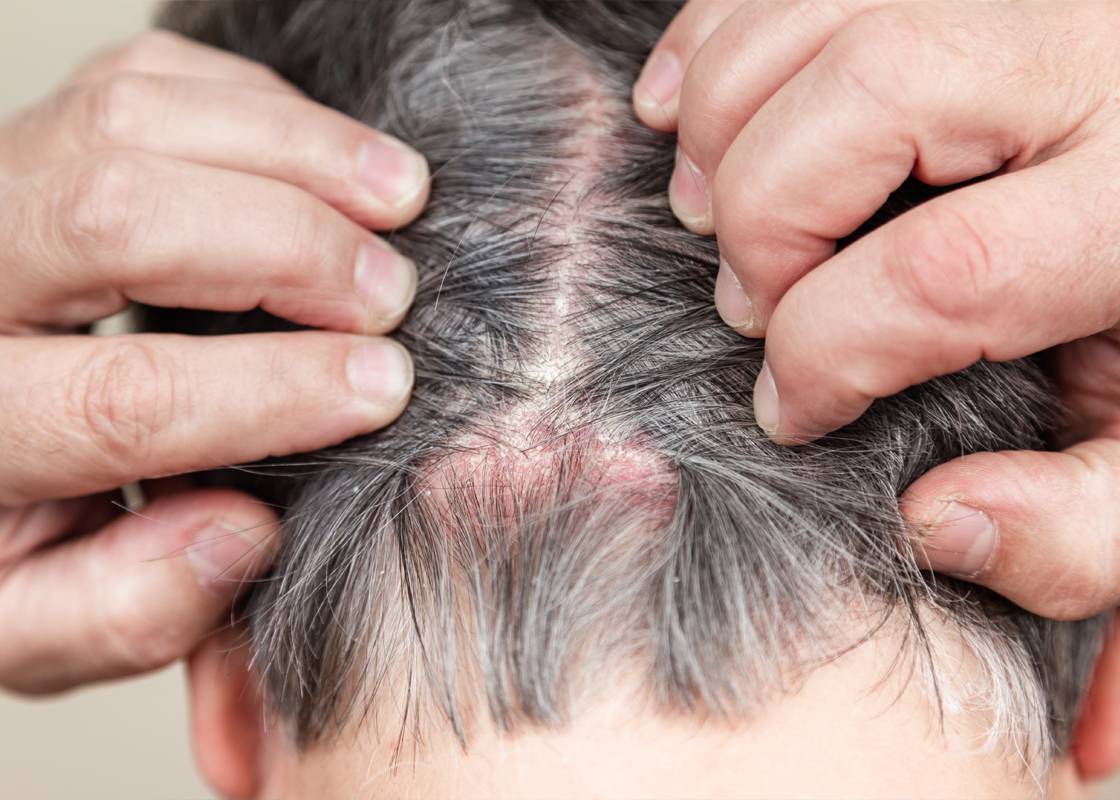
If you’ve ever sat in front of the mirror, brushing your hair only to see white flakes falling onto your shoulders, I understand how concerning—and downright frustrating—it can be. As a board-certified dermatologist, I’ve treated countless patients who walk into my office unsure if they’re dealing with dandruff or something more serious like scalp psoriasis.
So let’s talk about it, doctor to patient, and answer your most pressing questions:
Understanding Dandruff: Why Is My Scalp Flaking?
Dandruff is a condition I see almost daily in my practice, and here’s the good news—it’s very common and treatable. It occurs when your scalp sheds dry, flaky skin. But here’s the kicker: it’s not just about dryness.
For many, dandruff is caused by an overgrowth of a yeast-like fungus called Malassezia, combined with oiliness on the scalp. Add stress, hormonal changes, or the wrong hair products into the mix, and suddenly those flakes appear.
Symptoms to Look For:
• White or yellow flakes on your scalp, hair, or clothes.
• Mild itching without inflammation or pain.
• Flakes that worsen in winter or dry climates.
Quick Fact: Nearly 50% of the global population deals with dandruff at some point—so trust me, you’re not alone.
Scalp Psoriasis: When Flakes Are More Than Dandruff
Now, let’s discuss scalp psoriasis—a condition that’s much more than just an “itchy scalp.” Psoriasis is an autoimmune disorder where your skin cells turn over too quickly. On the scalp, this rapid growth causes thick, silvery scales and red, inflamed patches that often extend beyond the hairline.
What I Hear from Patients:
“I thought it was dandruff, but the flakes were thicker, and nothing seemed to help.” Sound familiar? Psoriasis can be stubborn, often requiring medical treatment to calm inflammation and slow down the skin cell buildup.
Symptoms of Scalp Psoriasis:
• Thicker flakes that are silvery-white and stick to the scalp.
• Red, inflamed skin that may feel tender or painful.
• Intense itching and dryness.
• Scales extending to your forehead, neck, or ears.
Can Dandruff Cause Hair Loss?
This is one of the most common questions I get. Dandruff itself doesn’t directly cause hair loss, but what it does to your scalp can create some problems.
Here’s how:
Excessive Scratching
Persistent itching leads to scratching, which can damage your hair follicles and weaken your roots.
Inflammation
If dandruff progresses to seborrheic dermatitis (a more severe form), chronic inflammation can impact hair growth.
Stress
Let’s face it—flakes can be stressful, and stress triggers conditions like telogen effluvium, where hair sheds prematurely.
The Good News: Once dandruff is under control with medicated shampoos like zinc pyrithione or ketoconazole, hair growth usually returns to normal.
Can Scalp Psoriasis Cause Hair Loss?
Scalp psoriasis can indirectly lead to hair loss, and here’s why:
Thick Plaques
The scales can block hair follicles, making it harder for hair to grow normally.
Scratching and Picking
Psoriasis itches—badly. Constant scratching or picking at plaques can damage the follicles and lead to localized shedding.
Inflammation
Chronic inflammation disrupts the natural hair growth cycle.
Treatments
Overusing topical steroids, while effective, can sometimes weaken the hair shaft.
Is It Permanent?
Thankfully, most hair loss caused by psoriasis is temporary. Once the inflammation subsides and plaques are treated, hair typically grows back. However, in severe or untreated cases where scarring occurs, permanent loss is possible—so early treatment is key.
My Top Dermatologist-Recommended Tips to Protect Your Scalp
Whether you’re dealing with dandruff or scalp psoriasis, here are my go-to tips for healthier hair and scalp:
Use Medicated Shampoos
For dandruff, try shampoos with ketoconazole, zinc pyrithione, or selenium sulfide. For psoriasis, look for formulas with salicylic acid or coal tar.
Moisturize Your Scalp
Keep your scalp hydrated with gentle oils or dermatologist-recommended scalp treatments to reduce dryness and itching.
Avoid Scratching
I know it’s easier said than done, but scratching makes things worse. Instead, soothe your scalp with cool compresses or calming treatments.
Be Gentle with Your Hair
Skip harsh products, tight hairstyles, or excessive heat styling while your scalp is healing.
See a Dermatologist
If over-the-counter products aren’t cutting it, come see us. Whether it’s a prescription treatment, light therapy, or tailored advice, we can help you feel comfortable and confident again.
When Should You Seek Help?
If you’re unsure whether you’re dealing with dandruff or psoriasis, or if your scalp feels painful, inflamed, or isn’t improving with home treatments, it’s time to visit a dermatologist.
Remember, a healthy scalp means healthier hair—and you don’t have to live with the discomfort or embarrassment of flakes. I’ve helped countless patients just like you identify and treat their condition, and I’d love to do the same for you.
The Bottom Line
Both dandruff and scalp psoriasis can be managed. Don’t wait until it gets worse—early intervention is the key to a happy, flake-free scalp.
Ready to Take the Next Step?
Schedule a consultation with your dermatologist today and take charge of your scalp health. Because trust me, life is too short to worry about flakes!





